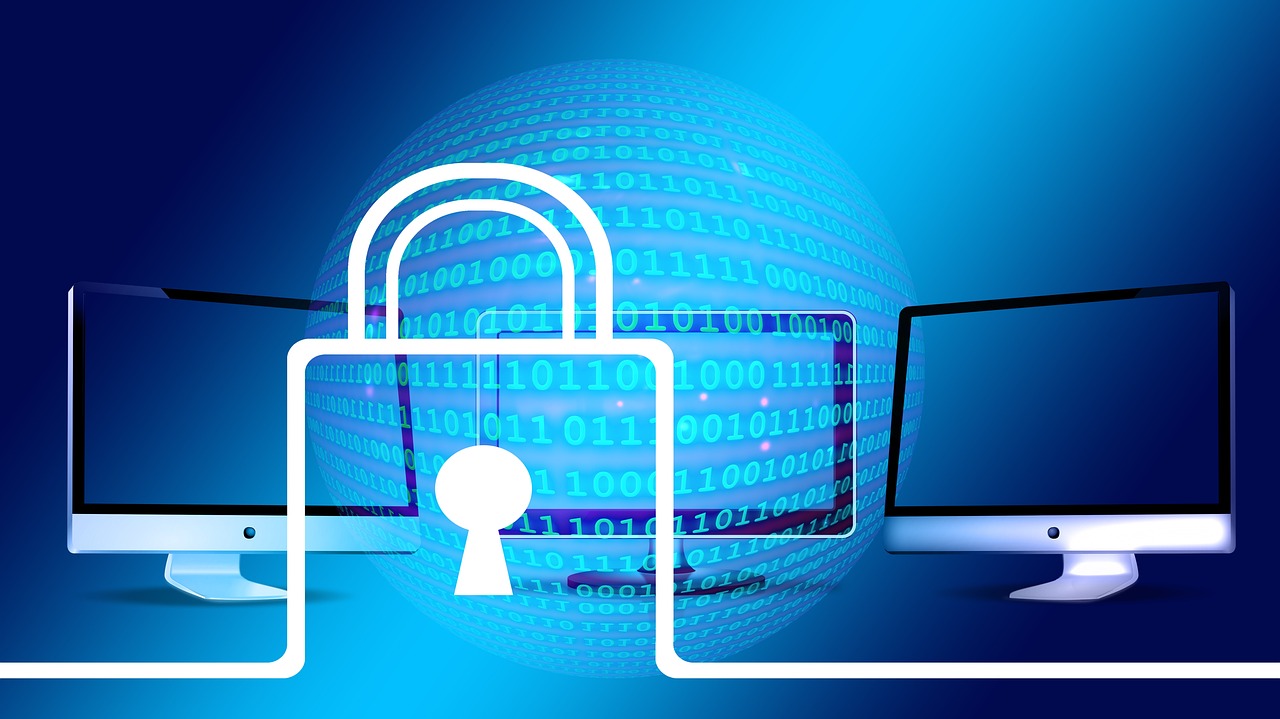1. Keep Software Up to Date - Don't Delay:
Regularly updating your software is similar to maintaining the health of your clinic's digital infrastructure. Neglecting software updates can lead to vulnerabilities that cybercriminals can exploit. Recently, popular software like web browsers and mobile operating systems have been targeted by cybercriminals through zero-day vulnerabilities. Zero-day vulnerabilities act as hidden backdoors that hackers can use to infiltrate your systems.
Keeping your software, including EHR systems, clinic’s website, browsers, and operating systems, up to date ensures you have the latest security patches to protect against such threats.
2. Train Your Staff - Building a Human Firewall:
Your staff forms the frontline defence against cyber threats. Just as you provide training to enhance medical skills, cybersecurity awareness training is essential. Empower your team with the skills to recognize phishing emails, suspicious links, and harmful attachments, while also emphasizing strong password management, 2FA adoption, and safe internet browsing practices. By fostering a vigilant workforce, you can strengthen your clinic's defences against common human errors that can lead to security breaches.
3. Enhance Patient Communication - Beyond Email:
Patient communication in the digital age should be structured and controlled to protect sensitive data. Traditional communication methods like email and phone calls have inherent flaws that can compromise patient data security. For example:
- Identity Verification: Over email and phone, it's easy for cybercriminals to impersonate others, highlighting the need for robust identity verification (like government-backed smart authentication solutions or trusted verification services like Veriff).
- Data Access Control: Common email inboxes often lack controls and logs to track who accessed patient information, making it impossible to maintain strict data access control.
- File Attachment Security: Files sent by patients may carry viruses or malware, posing a risk to the entire clinic's data security.
One possible solution to address these challenges is to start using a patient communication platform. These platforms not only offer robust protection for the issues mentioned above but also provide structured data handling, enhanced security, and comprehensive access tracking. By leveraging these platforms, you can ensure the secure exchange of patient information while maintaining strict control over data access and improving overall communication efficiency.
4. Reevaluate Backup Strategies - Beyond Your Clinic Walls:
Unfortunately, cyber incidents can occur, and when they do, it's often too late to take action. That's why having a robust backup and incident response plan in place at all times is essential for proactive protection.
While maintaining backup copies of patient data is essential, it's equally crucial to regularly reassess your backup logic. Don't overlook the security practices of your service providers, whether you rely on cloud infrastructure or external EHR systems. Verify that their backup policies align with your clinic's security requirements, as their vulnerabilities can affect your data's safety. Regularly test and verify your backup and recovery procedures to guarantee their reliability in the event of a cyber incident.
Incorporating these cybersecurity measures into your primary care clinic's daily operations can significantly reduce the risk of data breaches and enhance the safety of your patients' confidential information. If any aspect of cybersecurity seems too overwhelming, clinic's can turn to professional tech security consulting companies for assistance. By addressing the real-world cybersecurity challenges faced by healthcare providers, you can create a safer and more secure environment for both your clinic's workflow and your patients' data.
